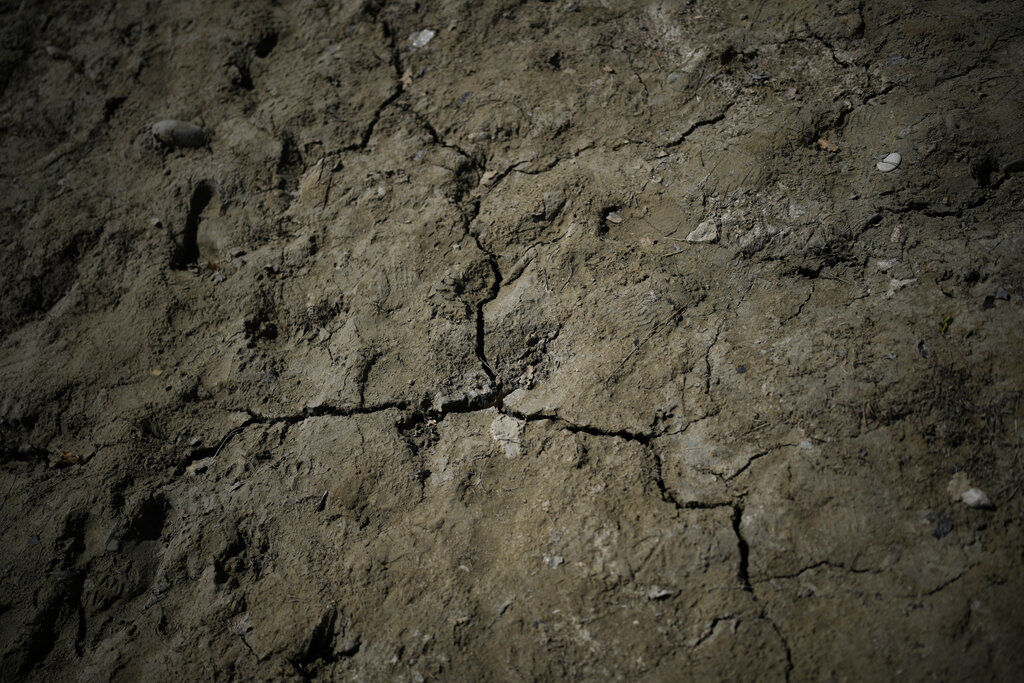The National Federation of Agricultural Holders’ Unions (FNSEA), France’s largest farmers’ association, is seeking higher milk prices as the prolonged drought continues to wreak havoc on the country’s agriculture, France Info reports.
“I ask that the distributors increase the prices [of milk] in France,” FNSEA President Christiane Lambert said, warning that producers are bearing the brunt of the drought, and at current prices, milk shortages cannot be excluded.
Asked whether consumers will find milk in the supermarkets this autumn and winter, Lambert said, “We will find some, but it will be more expensive. Will we find enough? Everything will depend on how the peak of the drought will unfold. But I ask that the distributors play the game, that they increase the prices of our products. In Germany, milk costs more than one euro, compared to 74 to 78 cents in France.”
“We are the country where milk is the cheapest, which is incredible when all the costs are increasing. There is the drought, of course, but also the crisis in Ukraine,” Lambert said.
“With the war in Ukraine, the cost of animal feed has increased, that of fuel has doubled, the price of fertilizers has tripled. So we arrive at an increased level of costs,” she added.
Lambert also revealed the drought had already caused disruptions in fruit supplies to markets, and maize is also in critical condition.
“We will not miss certain fruits, but there will be higher prices due to higher costs and lower production, linked to drought and heat waves. With the heat, ripening happened extremely quickly, and for some producers, outlets did not go fast enough, which caused market congestion,” Lambert said.
“It is a plant that needs water now, and we are going to suffer extremely heavy losses. Hence the importance of maintaining irrigation, to save the production of certain fodder. I know it’s controversial, but water for agriculture is water for food. I think you have to think about it differently,” she added.
The FNSEA president said the long-term solution would be storing rainwater that is plentiful during other seasons.
“We have had torrential rains for several winters, and if we stored even 10 percent of the water that falls from the sky, instead of storing less than 2 percent, we would have enough. There is no debate about swimming pools and golf courses; we are told that water is essential for the profitability of these facilities. Well, it is essential for the profitability of farms to have water, to make fodder to feed the animals.”





